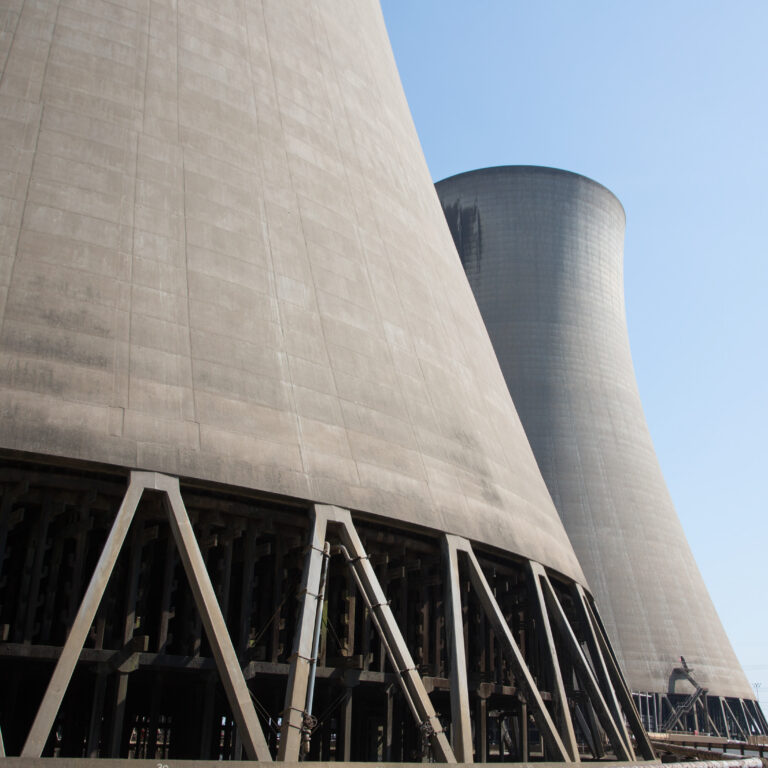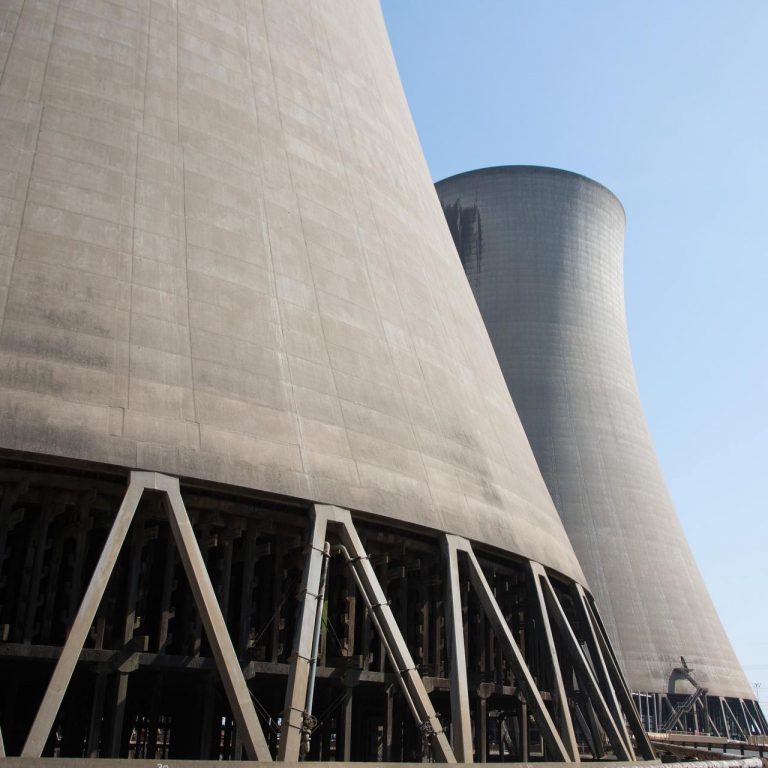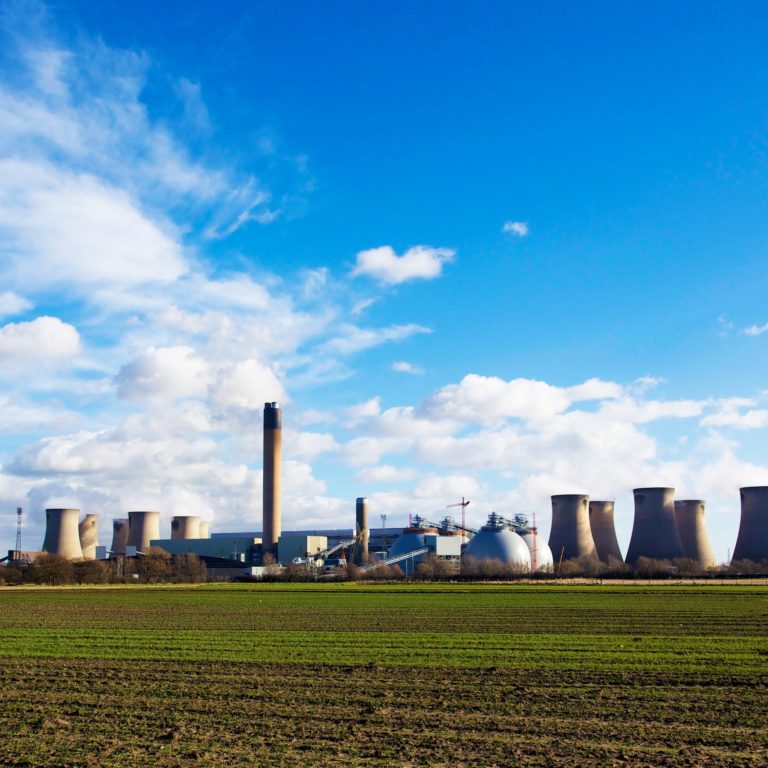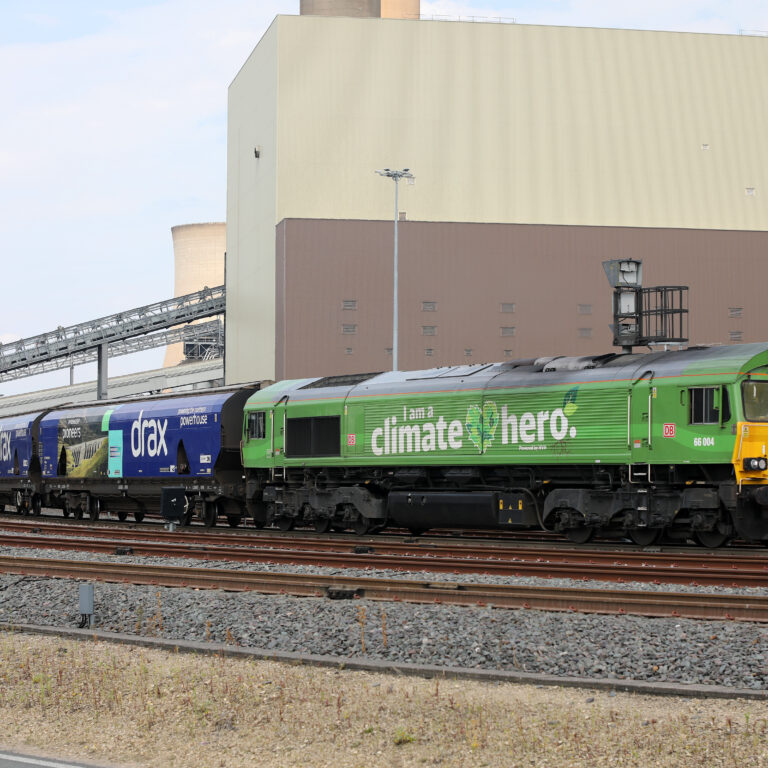In case you missed it, this morning the UK Government published a document launching a power BECCS project submission process with the intention of bringing forward projects that meet their eligibility and deliverability assessment into their Track-1 process for CCS clusters. This is consistent with our ambition for deploying BECCS at Drax Power Station in the 2020s.
From mid-December the Government will announce which power BECCS projects it intends to invite to enter into a detailed due diligence phase.
The information in the power BECCS document reiterates Government’s supportive position stating that:
‘Power BECCS can deliver on two strategic commitments for government: providing large-scale negative emissions to contribute towards engineered removal targets and generating low carbon power, which contributes to security of supply. With the 2030 goal of 5MtCO₂/year of engineered removals in mind, the progress of the Cluster Sequencing Process, and the technical readiness of power BECCS, enabling power BECCS projects to synchronise to Track-1 could enable deployment of BECCS within the 2020s.’
Drax’s response to today’s announcement, is copied below:

Drax CEO, Will Gardiner
Will Gardiner, Drax Group CEO, said:
“This announcement shows the government’s continued commitment to decarbonising the economy by deploying the vital carbon removal technology bioenergy with carbon capture and storage (BECCS). This could kick start a whole new sector of the economy and support energy security.
“BECCS is vital because it can produce reliable renewable power whilst also permanently removing carbon dioxide from the atmosphere – no other technology does both.
“Drax plans to invest £2bn in what will be the biggest carbon capture in power project in the world, supporting UK carbon targets and energy security, delivering thousands of jobs in the north in the 2020s, and creating new export opportunities.”
Background:
- The government has already identified the advanced readiness of some greenhouse gas removal (GGR) projects, such as power BECCS.
- It recently published a consultation on a business model to support power BECCS and we expect further detail on the role of BECCS in meeting Net Zero to be provided in the biomass strategy which is due to be published later this year.





















